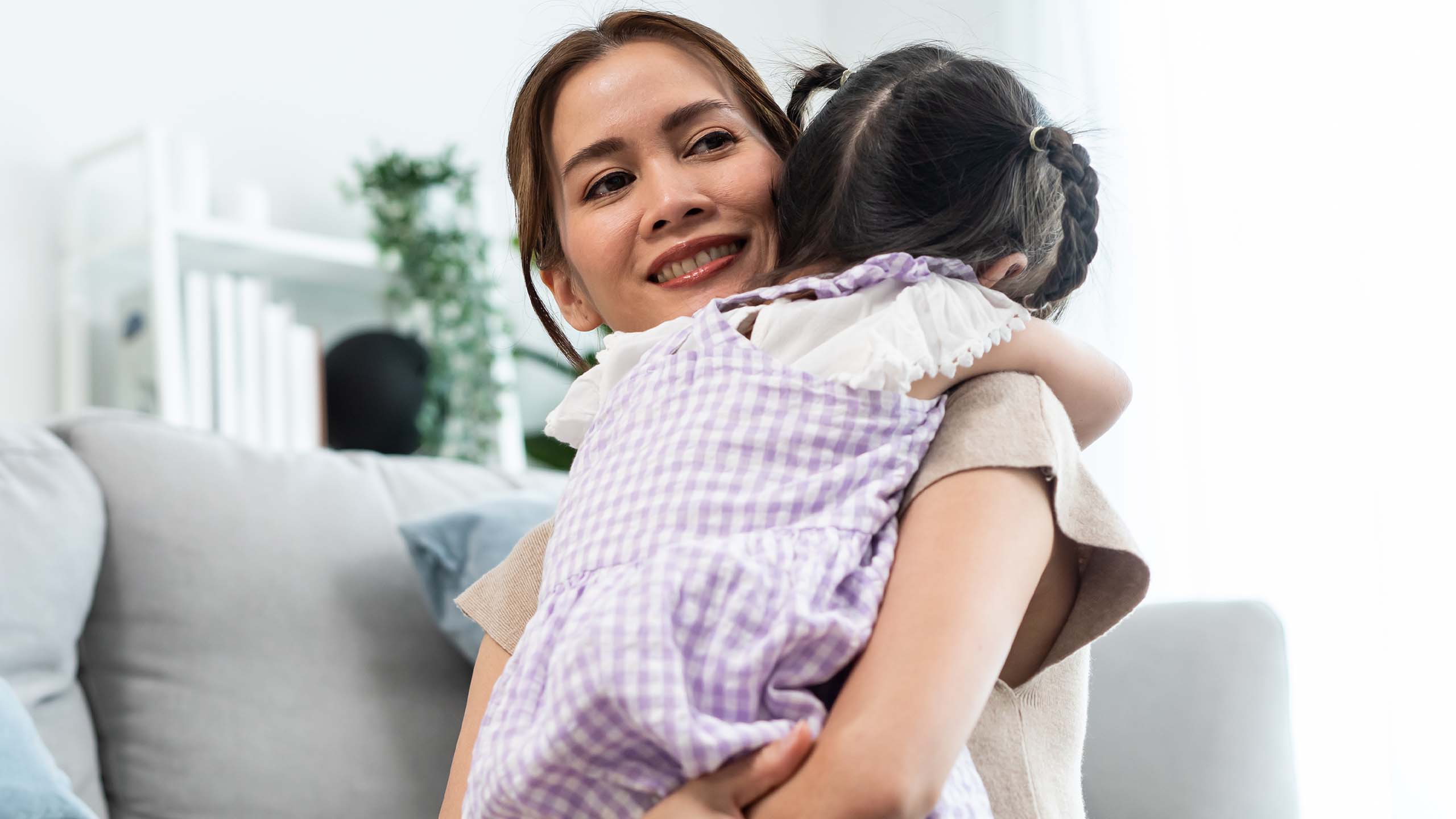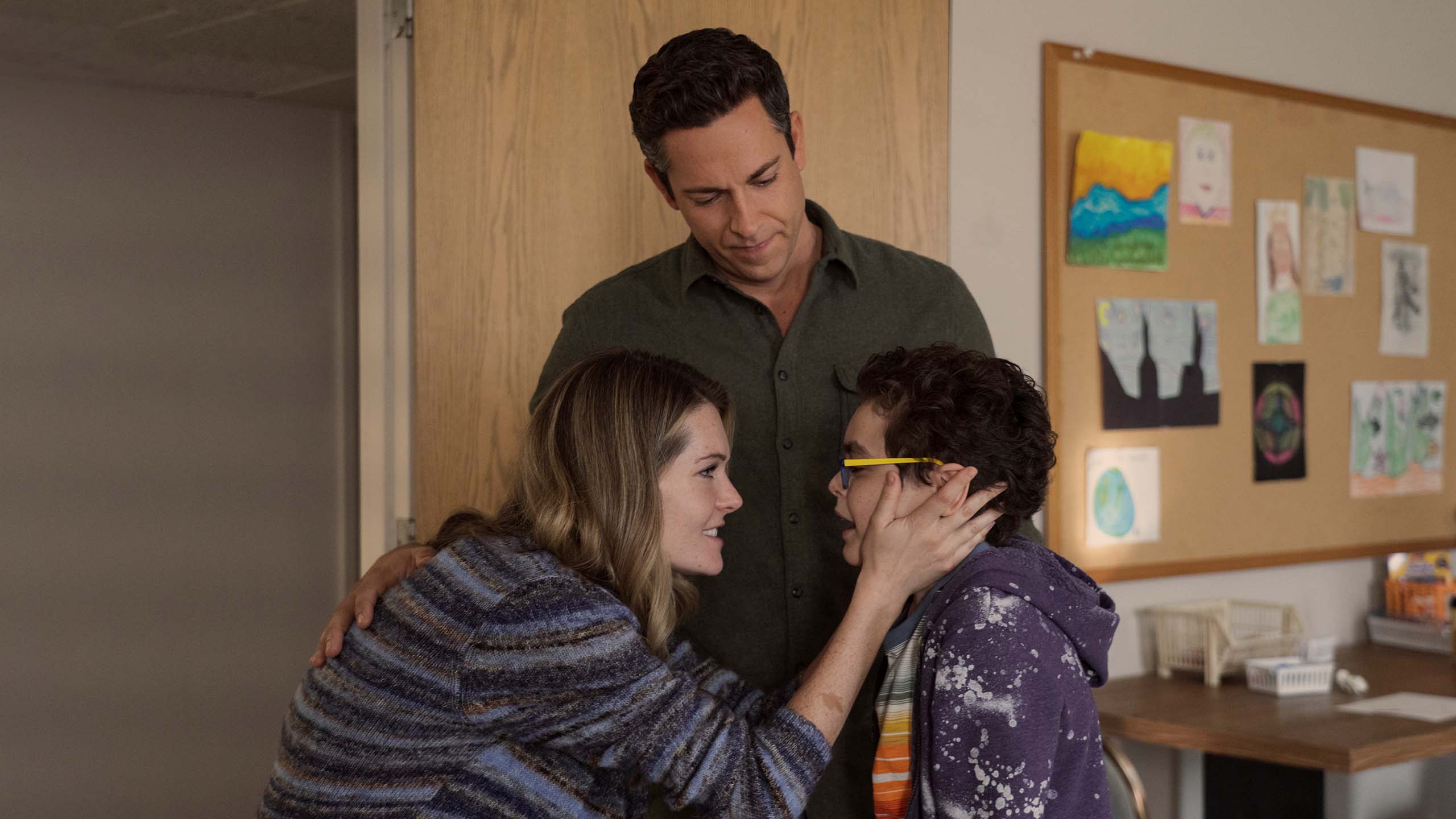Developing Independence in Kids: “It’s Scary But, We Know It’s a Good Thing.”
Seeing our kids independent is a nice thing but our fear of letting them do things on their own is just as valid.
The word “independence” may inspire this June 12, 2024, for Filipinos and kids everywhere but, maybe not so much for parents. Although teaching our kids how to function without us helps them in the long run, we deal with the dread of them possibly leaving us behind. It may not be so obvious when they’re toddlers or babies because it feels like it’s still many years away.
But for parents with teenagers and young adults, this is an inevitable reality that’s quite tricky to navigate.

Teens and Young Adults: The Rebellious Phase
Everyone – including us – had our rebellious phases, frustrated with the various pieces of advice coming in from all directions. What was initially an advice felt more like a “command” – more often than not, we felt that these suggestions were something that were “shoved down our throats” rather than discussed. From there, things escalated and most of the time, those hard feelings remained unaddressed.
Now it’s our turn to be in our parents’ position. And this time, kids have more opportunities to test and develop their independence. The internet is a huge place for them to explore and for many of us who are not tech savvy – there are days we will feel “powerless” to help them and even more confused on how to help them. Memes, rule 34, netiquette, GG, gucci (we’re sure it’s not the brand!) – what the heck is that?
Most of all, are they even speaking English!?
The “rebellion” further continues when they start doing things we never did. Going to parties, drinking, malling more often than not, going to clubs – if these never happened in our lifetime as teens or young adults, we’d probably be more prone to putting our foot down with a flat out no. When they ask us why, we also struggle to give a direct answer.
After all, parents are not supposed to be afraid.
Source of Our Fear: Is it because of them or the world?
Unfortunately, figuring out whether our fear stems from our kids having this sudden surge of independence or the world isn’t easy. Instead, we pin the source of our fear on our kids. It’s easier for us to pin the source of our fear on our kids because we are familiar with them. We know how they behave because we raised them. What makes them tick, what they like or what they don’t like, and how they fight – these are things we’ve learned and eventually developed tricks on how to deal with them – cleanly.
We’re not saying we win most of the fights because let’s be honest – we probably just let them win because our brain cells are too busy trying to figure out what’s good for dinner that day. But, if there’s one we’re sure about, it’s that the world will not always be kind enough to spare them that quarter.
Our fear comes from the unknown; we don’t know how the world will respond to our kids. When our kids go out and do whatever they said they’d do (assuming that they’re not lying), they’re no longer in that safe haven we’ve built for them at home.
Another possibility: we fear our parenting isn’t enough.
Every parent’s familiar with that tiny yet nagging voice that they’re not enough. Yet, the truth is – it probably will never be. But that doesn’t mean we failed as parents. There’s only so much we can learn about the world, considering that we only have five senses, the biases that we grew up with, and maybe our own physical limitations.
There’s also another way to approach: The Two Wolves parable. The Cherokee parable explains that there are two wolves inside us: one that feeds on harmony, joy, and trust, and the other – on anger, envy, greed, and fear. When asked which one wins, it simply says, “The one we feed more.”
The same applies for us; if we continue believing that our parenting isn’t enough, all the more we’ll do everything to “parent” more. And sometimes, that usually shows in the form of always keeping our kids with our line of sight or restricting them to staying at home. If our kids show any form of independence and go against our decision, we get triggered because our fear takes over.
“Oh no, they’re leaving me. The world’s going to hurt them and I can’t protect them!”
So what do we do when we’re triggered? We quash it – hard and fast.

Embracing our kids’ independence and letting go of our fears
“Trust your kids” – we’ve heard parents say that over and over again.
But honestly, we’d like to tell you, “Trust in your parenting.”
Our fears of watching our kids develop their sense of independence probably comes more from whether we taught them the right thing or not. The world looks so much different than it used to when we were teenagers and young adults that we’re not sure what we know even applies!
However, there are some things that are still universal. “Help when and if you can,” “respect people as people,” “be kind to animals (if they’re not hurting us),” “always have faith” – these are just some of the many things that remain universal no matter what the situation. And while how some adhere to these universal laws may look different and can be triggering, remember that its our fear sounding off the warning bells. Nothing or nobody else.
After all, “fear” is also what protects us from getting hurt.
But this doesn’t mean to say to be completely hands-off with the kids. Instead, we want every parent out there to know that you’re not alone in fearfully watching your kids develop their independence – they are completely valid. However, we also want you to know that there’s only so much you can do as a parent and experience is, sometimes, a better teacher.
And in the many cases that it is, kids will want nothing more but our comfort and support.
More about kids and their growing independence?
How Filipino Families Can Celebrate Independence Day









